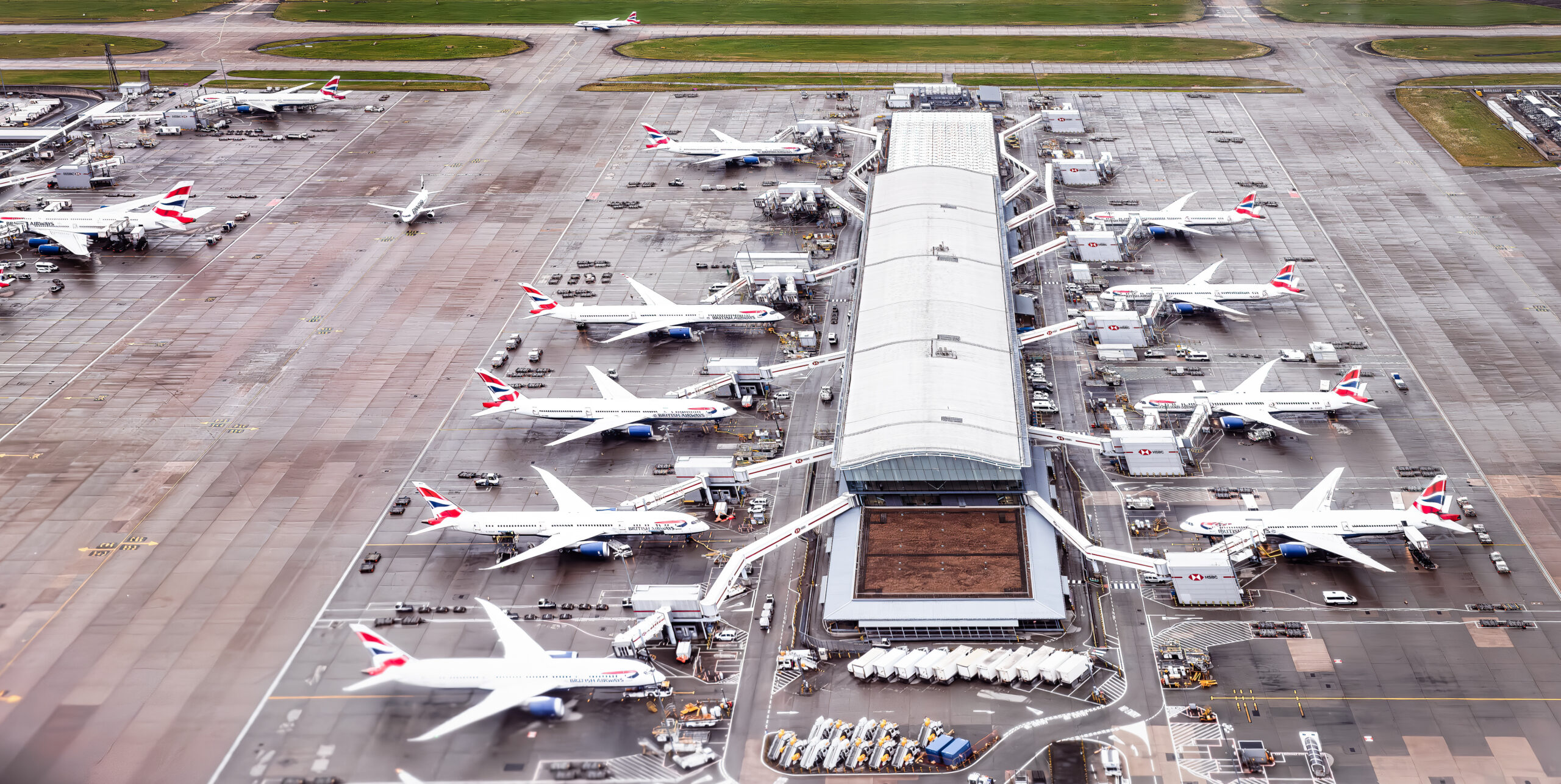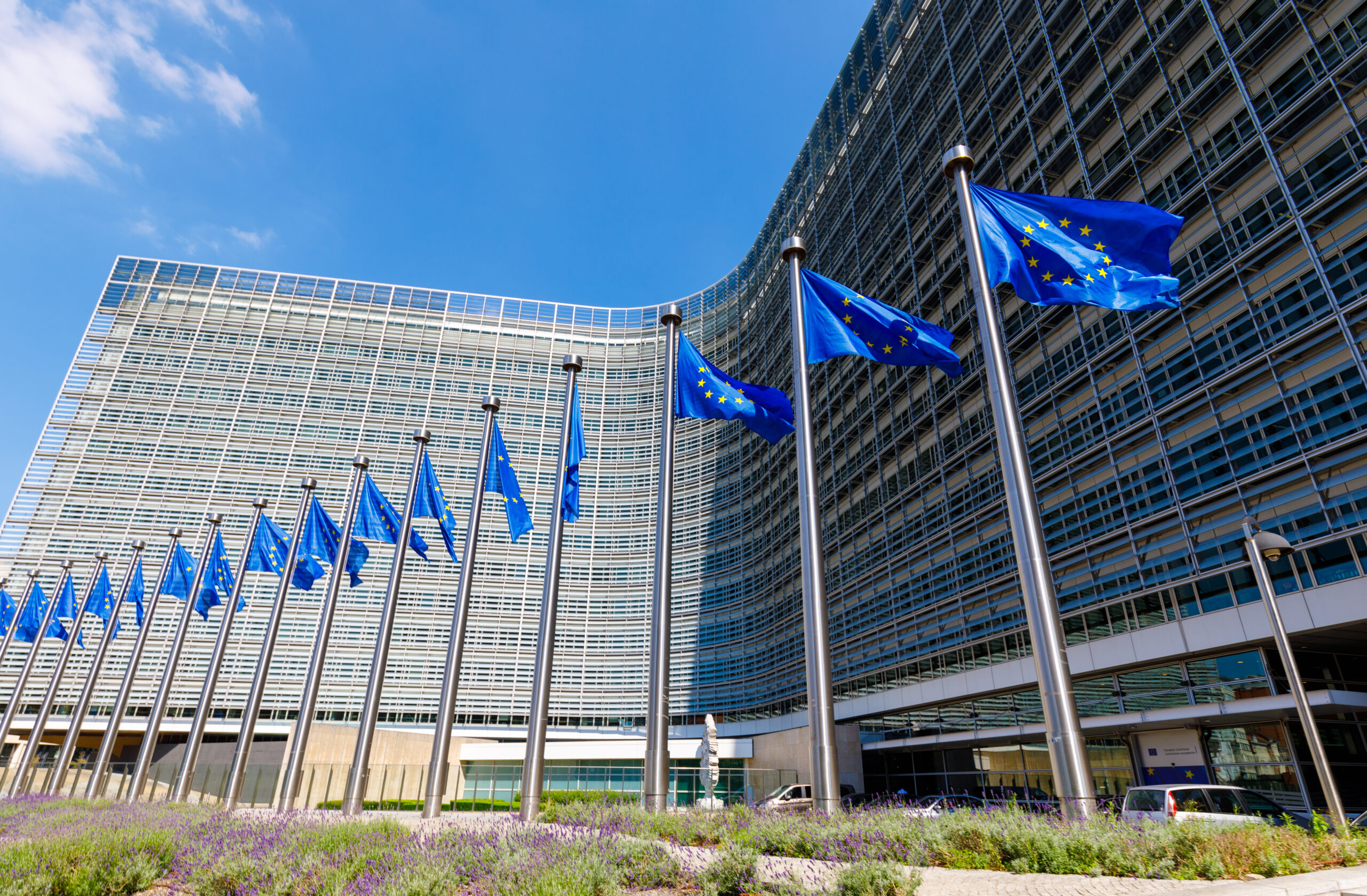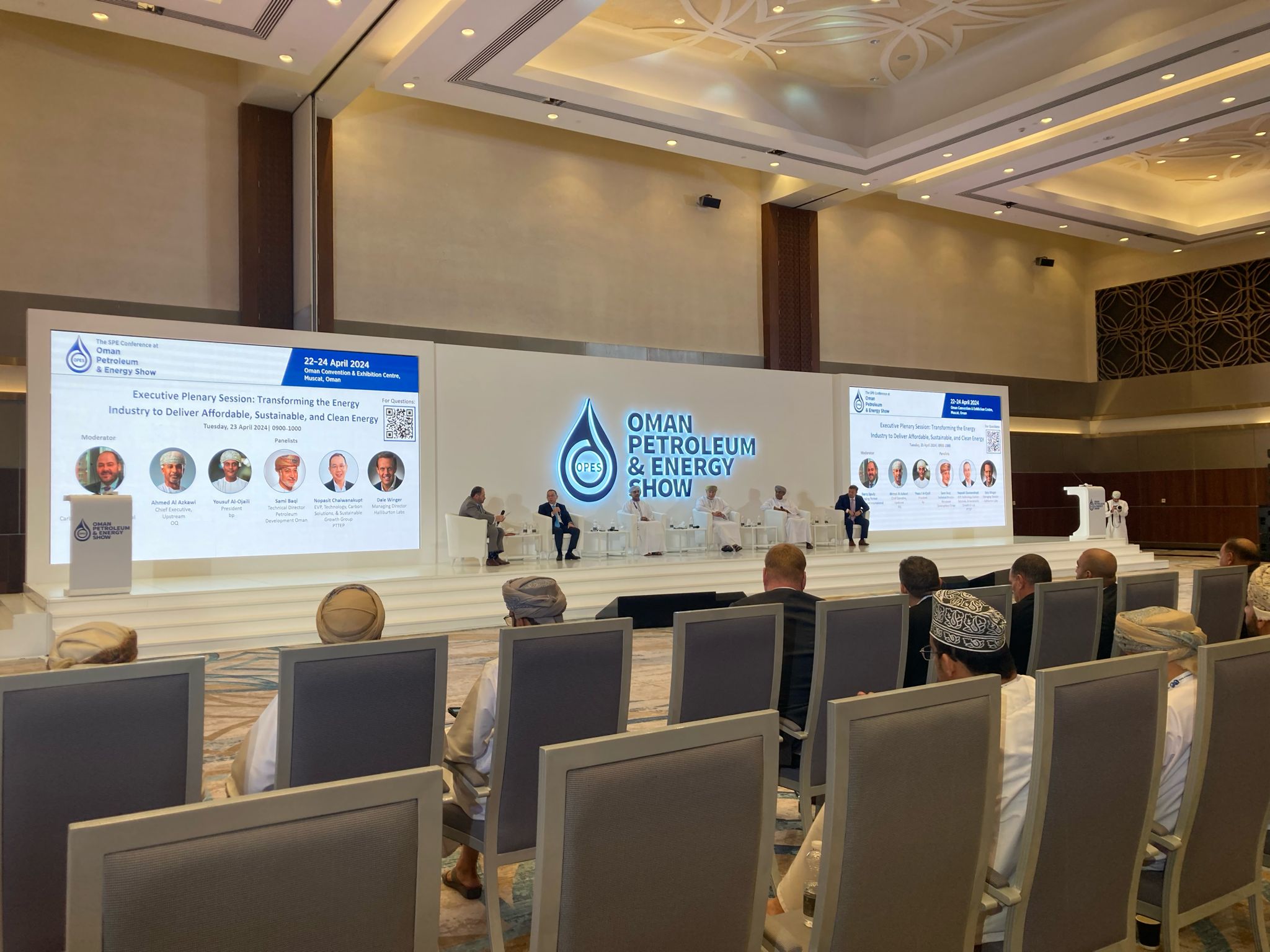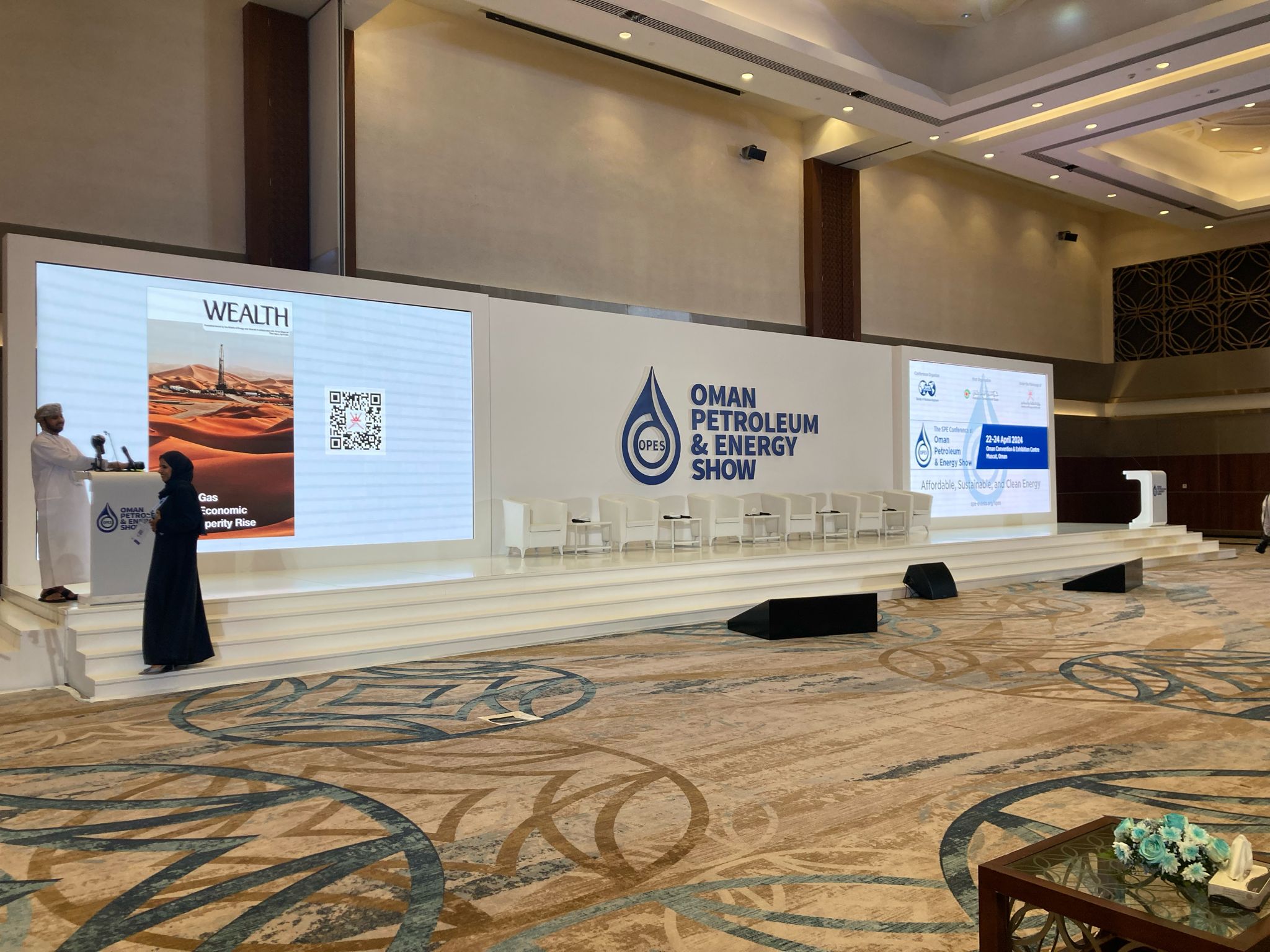UK call for sustainable aviation fuels price support mechanism
The UK government has set a sustainable aviation fuels target of 10% jet fuel from sustainable feedstocks by 2025, which amounts to 1.2 million tonnes/year.

UK-based airliners are calling for the implementation of a price support mechanism in order to boost the production of sustainable aviation fuels domestically, amid ambitious government targets and at a time when there are concerns that demand might outstrip supply in coming years, placing the country behind the rest of Europe.
But controversy is mounting over how the mechanism will be funded, with environmental NGOs opposing any taxpayer-funded scheme, saying aviation emissions should also be reduced primarily by cutting down on air transport.
Sustainable aviation fuels include biofuels, hydrogen and synthetic aviation fuels such as e-kerosene and are seen by many as the most viable option in the short term to decarbonise aviation, as they are compatible with existing engines. They are estimated to reduce CO2 emissions by 70-80% compared to jet fuel of fossil origin.
In order to kickstart a sustainable aviation fuels (SAFs) industry in the UK, the government has allocated £165 million in funding to support the construction of at least five plants to produce the fuels by 2025, and is mulling a price support mechanism, which could be delivered by the end of 2026 to further support investments in the sector.
In its proposal, the government said the mechanism should be “industry-funded,” without further elaborating.
A group of environmental NGOs led by Transport&Environment in December wrote to the government to reiterate that the SAF revenue support scheme should not be funded by taxpayers, but costs should be entirely shouldered by the industry.
According to some estimates quoted by OpenDemocracy in 2022, the scheme could cost taxpayers over £2 billion a year.
Lobby group Sustainable Aviation, which includes EasyJet and Heathrow Airport as members, estimates that a UK SAF industry could create over 10,000 new UK jobs by 2030 and boost UK fuel security while playing “a major role” in driving down UK aviation carbon emissions.
“There is sufficient feedstock for the UK to domestically produce some 5.4 million tonnes of SAF annually by 2050,” covering “75% of UK aviation’s expected fuel demand,” a spokesperson for Sustainable Aviation told Gas Outlook.
“However, we need the right government policy and price support needs to be in place to see the scalability of affordable SAF to airlines, alongside investment in and infrastructure for zero and low emission aviation technologies like hydrogen.”
In particular, a “revenue certainty scheme for SAF, that will help unlock billions of pounds of private investment in the UK.”
The scheme would work as a Contracts for Difference mechanism, typically used to support renewables, and would counter the price uncertainty of SAFs.
“Any financial risk associated with backstopping the scheme must be shared fairly,” he said, adding that “a mechanism underwritten by government has the potential to generate a surplus for the tax payer over its lifetime.”
“What we need now is pace in rolling out a government backed price support mechanism to encourage investors to put money into SAF production and meet the government’s own targets of having five commercial-scale SAF plants under construction in the UK by 2025,” a spokesperson for British Airways told Gas Outlook.
“SAF will play an important role in meeting our net zero targets and especially in reducing aviation’s emissions this decade,” he added.
“We have adopted a target of 10% sustainable fuel by 2030 and are making progress, but the UK risks falling behind other countries in production.”
“The SAF industry needs to be protected by policy in order to encourage further private investment and ensure it remains a stable market,” he said.
Currently, UK SAF production stands at 20,000/year, with announced projects to 2030 reaching 0.6 million tonnes of capacity a year.
That indicates “a significant shortfall” against projected demand, which is set to further rise to 7 million tonnes by 2050 in line with net zero targets, Dan Carter, SAF strategic marketing manager at Johnson Matthey, a British multinational, told Gas Outlook.
The company commercialises a synthetic kerosene which has been blended with SAF from cooking oil that was used to fuel Virgin Atlantic’s first-ever 100% SAF trans-Atlantic flight last November.
The trial received £1 million in funding from the UK government.
As much as “50% of UK demand will need to be filled through imports unless more production facilities are developed,” he said, adding that the development of a SAF facility can take more than four years.
The REFuelEU Aviation initiative and the U.S. Inflation Reduction Act are contributing to boost SAF industries in Europe and the States, he said.
And while the UK’s target of 10% SAF by 2030 is more stringent than the 6% set by the EU “the UK’s leading position is at risk if there are delays in implementing mandates or introducing revenue certainty schemes.”
“The UK’s proposed mandate and consultations on revenue certainty schemes are crucial steps, so it’s vital that their implementation is timely and not delayed or put at risk if there is a change of government,” he stressed.
Furthermore, the development of new technologies is also needed amid proposals to cap the use of SAF derived from cooking oils in aviation, he noted.
NGOs are calling on SAF production to focus on hydrogen-derived e-fuels and for cooking oil-derived SAFs, also referred to as HEFA, to be capped or banned amid environmental concerns.
More environmentally-friendly SAFs are expected to make up the majority of jet fuel in the future, however their production is currently limited, leading to short-term supply concerns.



